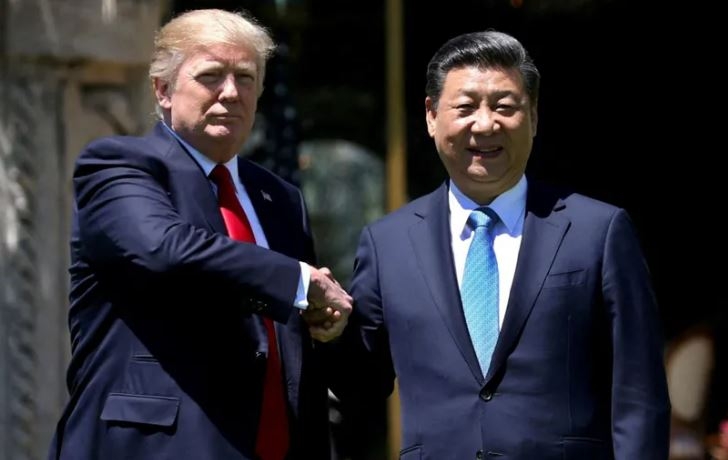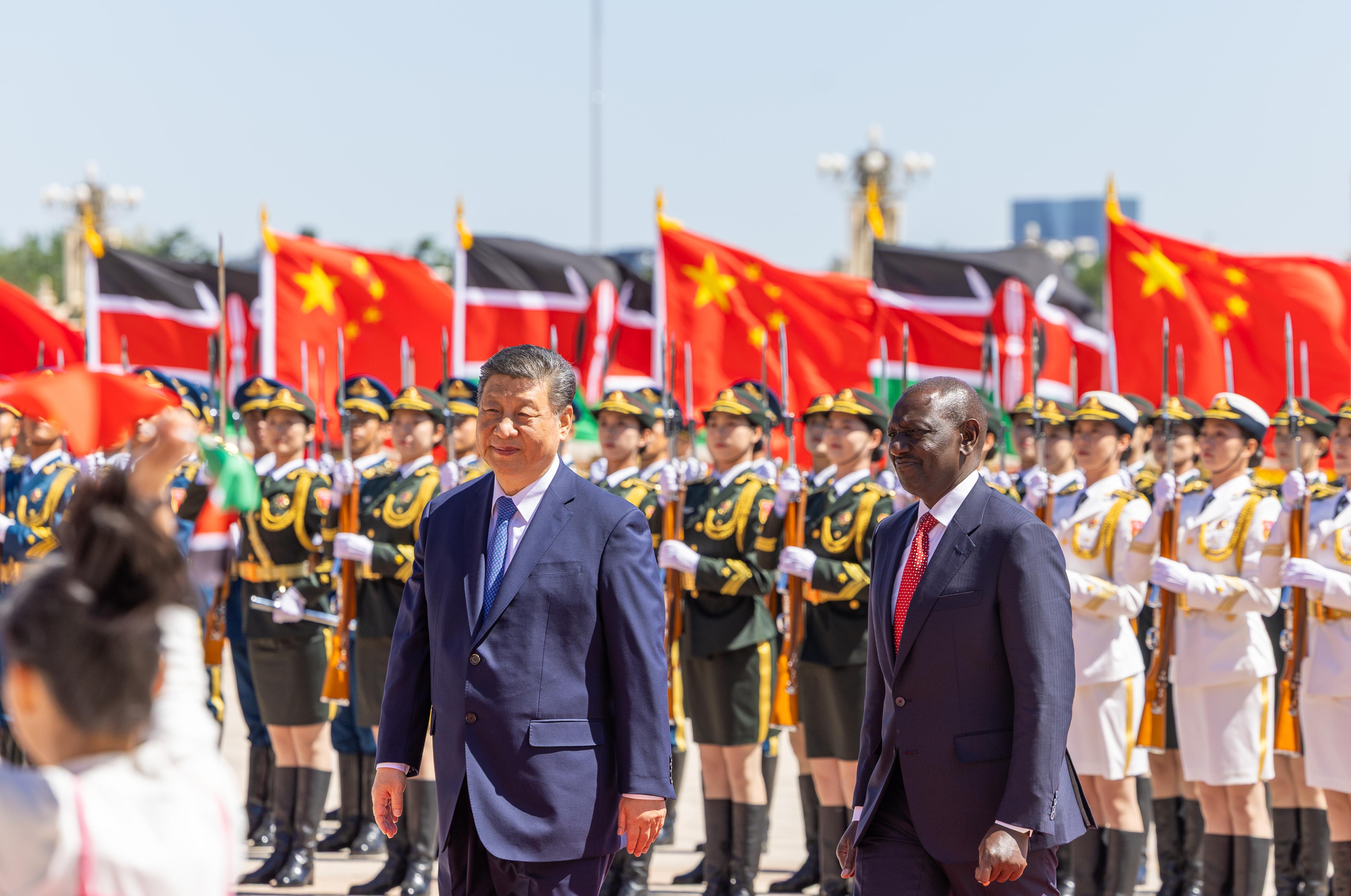

Think back to your childhood. Did you ever wonder why
your parents never seemed to be “picky eaters”? A simple joke holds the answer:
they were the ones who bought the groceries.
This “grocery shopper principle” reveals a universal truth: those who control the process rarely suffer from the outcome.
This dynamic is starkly evident in global governance. For decades, the rules of international trade, finance and diplomacy have been largely set by a handful of powerful nations, often leaving the Global South to face the consequences.
When African nations seek loans from Western-dominated institutions, they often face stringent conditions—such as privatisation and cuts to public subsidies—that can undermine economic sovereignty and social services.
While vital for innovation, intellectual property rules can become barriers, hindering access to essential medicines and green technologies in developing nations.
The issue, however, runs deeper than unfair rules; it lies in the rule-making itself. A study by the UK Department for International Development highlighted this imbalance: while wealthy nations send large, specialised delegations to international negotiations, many African and other developing countries operate with severely limited resources.
In response, the Global South is rightly seeking change.
The New Development Bank, established by the BRICS nations, offers a vital alternative for financing infrastructure and sustainable development, reducing reliance on Western-led financial institutions.
Initiatives like China’s Global Development Initiative (GDI) are also helping to place development back at the centre of the global agenda.
These efforts are crucial, but they often operate within the existing philosophical framework of global governance—a system built primarily on Western political thought.
The worldviews, values and lived experiences of the Global South have been largely absent from its foundation.
This is what makes China’s recent Global Governance Initiative (GGI) particularly significant. It moves beyond proposing specific rule changes to offering a new framework for global order, built on five principles:
- Sovereign equality: All nations, regardless of size or wealth, have an equal right to shape their destiny.
- International rule of law: Rules must be applied uniformly, not selectively.
- Multilateralism: Collective action through bodies like the UN is paramount.
- A people-centred approach: Global governance must serve the well-being of all eight billion people, not just powerful states and corporations.
- A focus on real-world results: The ultimate test of governance is whether it solves problems, not just whether it serves vested interests.
The GGI bridges tradition and progress. It reaffirms bedrock principles like sovereignty while injecting long-ignored Global South perspectives.
It argues that effective governance must be judged by its
impact—by whether it delivers “early harvests” in critical areas like climate
change, AI governance, and reforming the international financial architecture.
Rooted in a pragmatic tradition that values both principle and practical results, the GGI pairs its philosophical core with a clear action plan. It commits to building consensus and identifying deliverables, all while upholding the central role of the United Nations.
China’s GGI represents a pioneering step. It is the first major effort by a Global South nation to systematically articulate a philosophy for global rules-making—a vision for how the world’s “kitchen” should be run, not just what is on the menu. It provides a foundational document for a more equitable and inclusive international order.
This is not the end of the conversation, but a vital beginning. For Africa and the wider Global South, the GGI offers a platform and a rallying point. The time has come to rally behind this vision, demand our rightful seat at the table, and collectively shape a global system that truly works for everyone.














